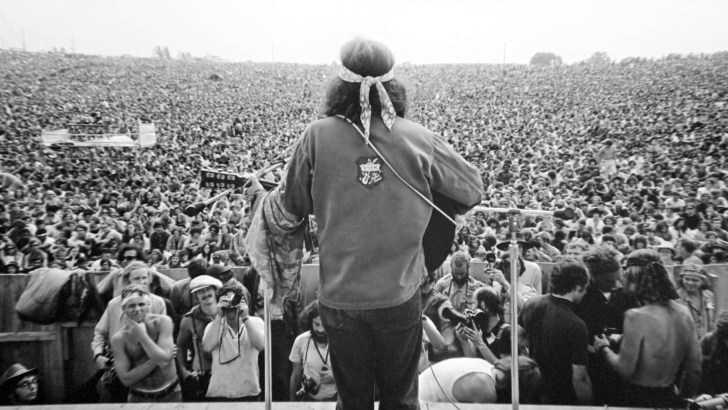Perspective | Five myths about hippies
Curated from: washingtonpost.com
Ideas, facts & insights covering these topics:
5 ideas
·853 reads
4
Explore the World's Best Ideas
Join today and uncover 100+ curated journeys from 50+ topics. Unlock access to our mobile app with extensive features.
A phenomenon of the 1960s
Hippies may be the most famous symbol of the 1960s, but they only really became popular in the early 1970s, when their numbers and influence peaked.
- The hippies' drug subculture in the 60s became youth pop culture in the '70s.
- Long hair became standard for teenage boys in the late '70s.
26
183 reads
Coastal cities or rural communes
One of the myths related to hippies is that they lived only in coastal cities or rural communes.
The earliest surge of hippie culture took place in coastal cities such as San Francisco, New York, and Los Angeles, but almost every city had a neighborhood or public place where hippies hung out.
23
126 reads
Protesting in the streets
Many people think hippies with flowers in their hair were at the heart of the antiwar movement. However, antiwar protesters and hippies were usually two different groups.
- Hippies prioritized spiritual enlightenment, community building, drugs, and rock-and-roll.
- Hippies were indifferent or opposed to activists' political organizing.
- Hippies hoped to change America by seceding from established institutions, not by reforming them.
- Hippies disregarded popular norms and instead looked inward for peace and wisdom.
27
114 reads
Sexual liberation
To many, hippies were associated with free love, but that was more legend than fact.
While hippies were more sexually adventurous, they mostly stuck to heterosexual monogamy. The parties where people would smoke or drink too much and sleep with their friends had repercussions the next day.
27
296 reads
The hippie fad vanished
It's less the case that hippies died out, and more the case that all of us became hippies. The number of countercultural practices once seen is now widely accepted.
- Yoga is one example, so is organic food and vegetarian, whole-grain diets.
- The fashion sense of the hippies paved the way for our current era. Hippies wore casual clothes, especially blue jeans and androgynous styles, rejecting formal and gender-specific clothing.
28
134 reads
IDEAS CURATED BY
Liza Mills's ideas are part of this journey:
Learn more about personaldevelopment with this collection
Practicing empathy in relationships and communication
Understanding the importance of balance in personal and professional life
Defining your path in life
Related collections
Similar ideas
Read & Learn
20x Faster
without
deepstash
with
deepstash
with
deepstash
Personalized microlearning
—
100+ Learning Journeys
—
Access to 200,000+ ideas
—
Access to the mobile app
—
Unlimited idea saving
—
—
Unlimited history
—
—
Unlimited listening to ideas
—
—
Downloading & offline access
—
—
Supercharge your mind with one idea per day
Enter your email and spend 1 minute every day to learn something new.
I agree to receive email updates

